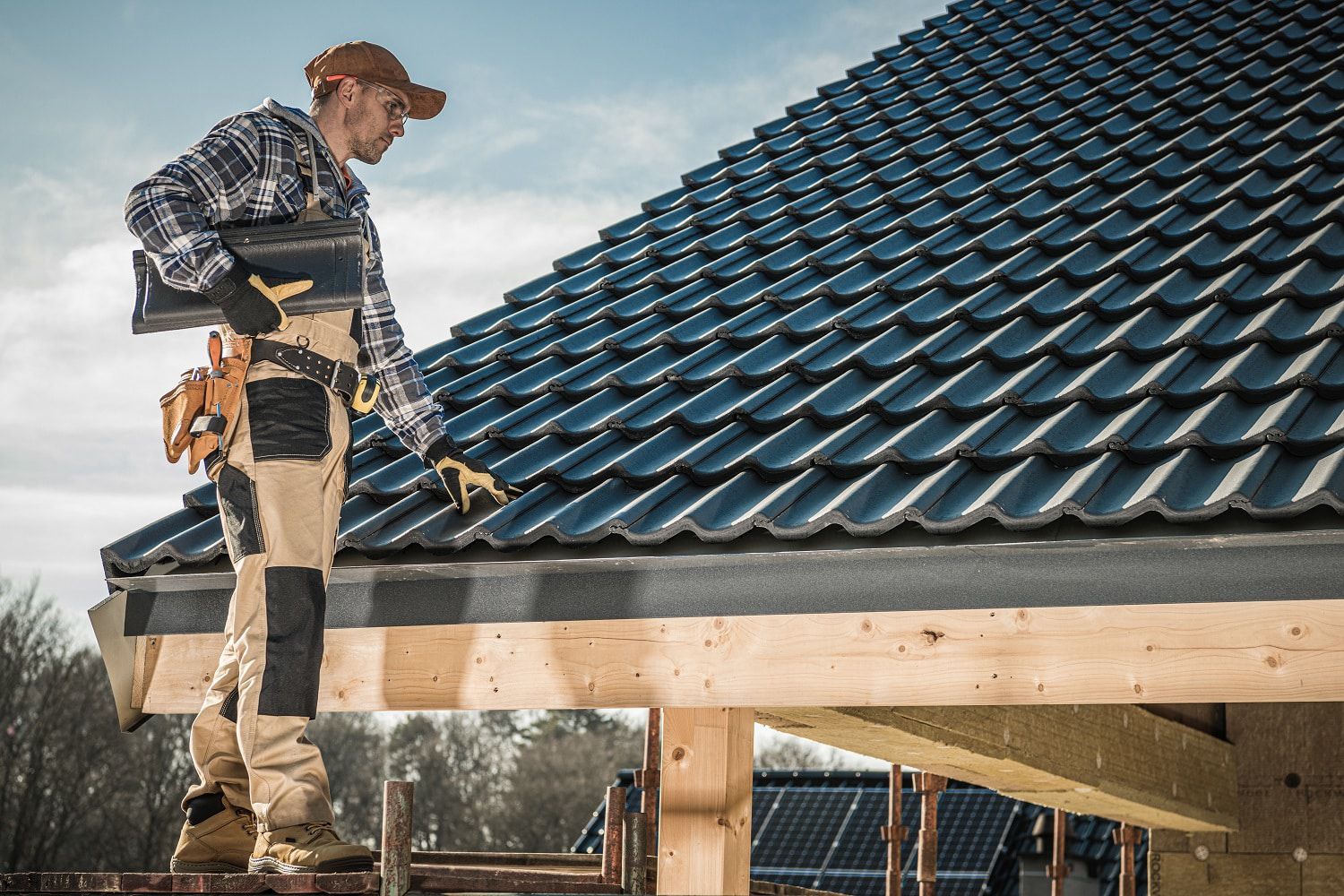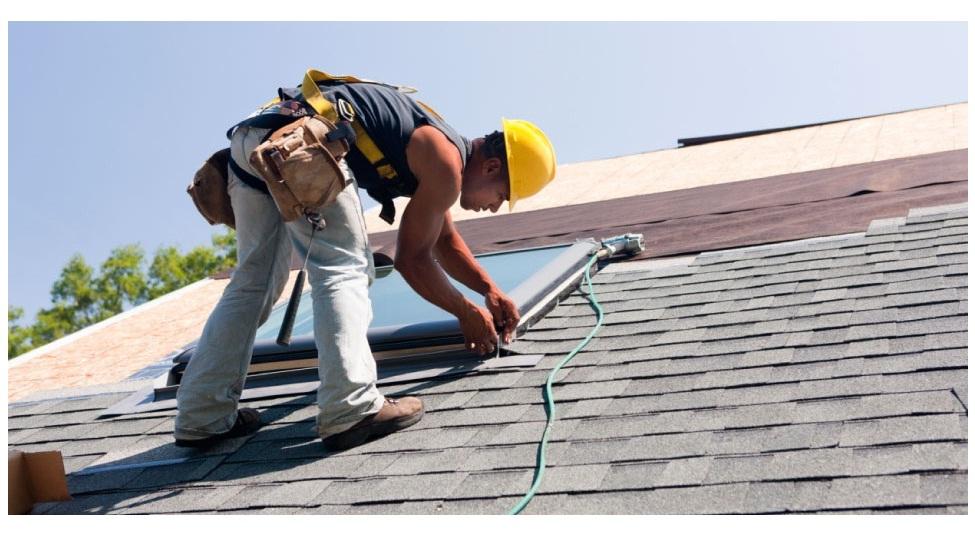Work with an professional Toledo Roofer for commercial roofing projects.
Just How to Assess Different Roof Alternatives for Your Building Demands
Examining roofing choices for your building calls for a detailed approach that thinks about different aspects such as the planned use of the framework, neighborhood climate conditions, and material features. It is necessary to evaluate the benefits and downsides of different roof kinds, from asphalt tiles to steel and clay tiles, while likewise considering first prices and lasting upkeep. Additionally, understanding power efficiency and visual allure can affect your decision. As you contemplate these factors to consider, one concern remains: which aspects will ultimately assist your option for a lasting and aesthetically pleasing roofing remedy?
Analyzing Your Building's Demands
To efficiently assess roof covering alternatives, start by thoroughly examining your building's needs. Start by taking into consideration the building's intended use, as various frameworks may require varying roofing specifications. For example, domestic roofings typically prioritize visual appeals and insulation, while industrial structures may focus on resilience and load-bearing ability.
Following, evaluate the neighborhood climate conditions that will certainly influence roof performance. Variables such as temperature level fluctuations, precipitation levels, and wind patterns can influence product choice and layout. A roof covering system that masters a temperate environment might not execute too in locations vulnerable to hefty snowfall or severe warm.
Additionally, examine the architectural honesty of your structure. Make certain that the existing framework can support the selected roofing materials, specifically if thinking about larger choices. It is also crucial to evaluate any regional building ordinance or regulations that might determine details demands for roof.

Contrasting Roofing Products
Once a thorough evaluation of your structure's needs has been finished, the following step entails contrasting numerous roof covering products. Each material uses unique benefits and downsides, making it necessary to straighten your option with your particular demands and conditions.
Asphalt roof shingles are commonly recognized for their price and ease of installment, making them a preferred alternative for property structures. On the other hand, steel roof, known for its sturdiness and long life, can endure rough weather problems yet might come with a greater first investment.
Clay and concrete tiles provide superb thermal insulation and aesthetic allure, particularly for Mediterranean-style architecture, yet they call for an even more durable structural support because of their weight. Timber drinks offer an all-natural look and great insulation homes but might demand much more upkeep and are prone to fire threats.
Evaluating Price and Budget Plan
Assessing your roof covering options necessitates a mindful assessment of expense and spending plan factors to consider. The total allocate a roofing job makes up a number of aspects, consisting of material prices, labor expenses, upkeep, and potential long-term financial savings. It is necessary to develop a clear budget plan before exploring details roof covering materials, as this will assist the decision-making procedure and aid you prevent overspending.
Begin by acquiring quotes from multiple contractors to recognize labor expenses in your region. Ensure that these price quotes include all essential services, such as removal of the old roofing system, installation, and any extra features, like insulation or ventilation improvements - Roofing Contractor. Next, examine the cost of various roof products, taking into account both preliminary setup prices and anticipated life-span

Recognizing Energy Efficiency
Energy efficiency plays a critical role in the choice of roofing materials and systems, considerably affecting both power consumption and total convenience within a structure. A well-chosen roof can boost thermal performance, minimizing the need for home heating and cooling systems, which in turn reduces energy bills and decreases ecological influence.
When examining roof choices, take into consideration materials that show rather than absorb warm. Furthermore, correct insulation and ventilation are crucial to maximize the energy efficiency of the whole roof system.
One more vital variable is the roof system's longevity browse around this site and upkeep demands. Sturdy materials that require much less regular replacement add to long-lasting energy cost savings. The energy efficiency of a roof system can additionally be evaluated via its conformity with well-known sustainability scores such as Power CELEBRITY or LEED.
Taking Into Consideration Aesthetic Charm
A roofing system's visual appeal considerably affects the total look of a structure, matching its architectural design and improving curb allure. Perrysburg Roofer. When assessing roof covering options, it is necessary to think about just how the selected product, color, and design will certainly harmonize with the existing framework and community. A properly designed roof covering can raise even the simplest of buildings, transforming them right into aesthetic prime focus
Different roof products provide numerous visual top qualities. As an example, typical click to investigate shingles may stimulate a timeless beauty, while steel roof covering can pass on a contemporary, smooth appearance. In addition, the shade of the roof material plays a crucial duty; lighter tones can make a structure show up more roomy, while darker tones may produce a cozier setting.
Moreover, architectural elements, such as dormers and eaves, can enhance the roofing's visual impact. It is suggested to speak with professional developers or architects to make certain the picked roof covering option straightens with the total design intent. Eventually, a roof covering must not only offer practical advantages however also add positively to the building's visual, mirroring the proprietor's preference and the character of the surrounding setting.
Conclusion
